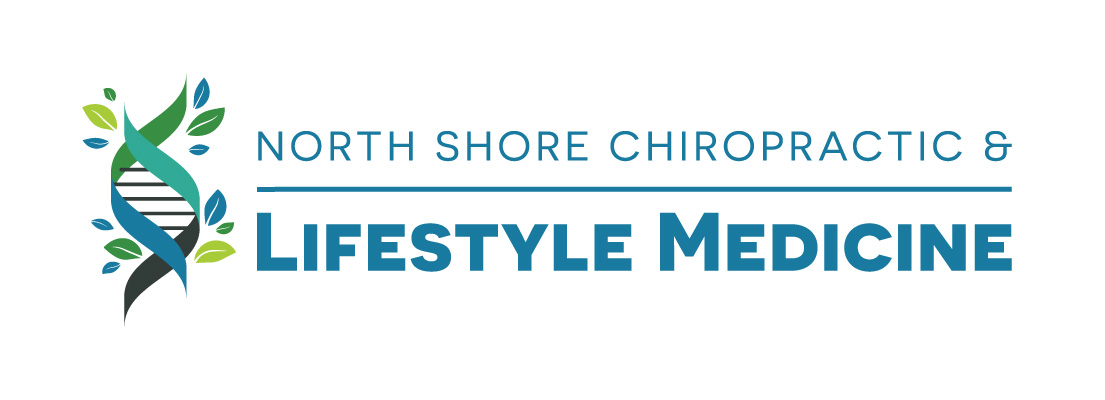The answer to rising healthcare costs
It’s well documented that 70 to 80% of our healthcare dollars are spent on chronic disease.
The medical treatment for chronic disease, you can say, is treatment by numbers. If your blood pressure is up, we have to lower that number. If you cholesterol is up, we have to lower that number. Diabetes is also treating numbers. People are not numbers or a disease! Raising or lowering numbers on a lab report does not treat the cause of hypertension, cardiovascular disease, diabetes.
It doesn’t fix the problem. You still have that chronic illness that usually progresses as you age, which is treated with more medication.
To lower healthcare costs we must be able to predict and prevent chronic illness by finding the root cause of disease.
The Cleveland Clinic has a division of Functional Medicine. They are working with insurance companies to see if treating the root cause of disease saves money. The numbers are coming in and numbers look good. Insurance companies are starting to see that correcting the underlying cause of disease saves money. When you find the root cause of an illness and correct it you drastically reduce healthcare costs by reducing follow-up visits, medication and emergency procedures for when the numbers (symptoms) get out of control.
It’s predicted that type II diabetes will bankrupt the healthcare system.
If a person is compliant, type II diabetes can be reversed in one month.
I also don’t understand the wait-and-see follow-up visits for an impending illness. For example an enlarged thyroid. It’s often a wait-and-see if you will need a replacement hormone or if cancer develops. Why wait-and-see, why not find out why there is an enlarged thyroid. We have the science to do this
In Seattle Washington, Leroy Hood, PhD is the president of The Institute for Systems Biology. Dr. Hood developed what he calls P4 medicine. Predictive, Preventive, Personal, and Participatory. Dr. Hood argues that “instead of continuous management of health, making full use of the whole genome sequencing and biomarkers to correct disease before it gains a foothold.” A biomarker is a medical assessment tool such as a laboratory test like blood and urine.
Dr. Hood just completed a nine-month pilot study which is named the 100 Persons Wellness Project. The results were recently released in a peer-reviewed medical journal.
I had the opportunity to sit in on, via the Internet, a grand rounds presentation at the Cleveland Clinic regarding the study. The information from this study was so impressive that funding is now available for a study with 100,000 persons. The focus of these studies is to predict and prevent illness. The method is to sequence the entire genome of each participant and at regular intervals monitor biomarkers and wearable devices like a fit bit. All this information will be entered into a computer that will find associations between the biomarkers and the genome while looking at the participants’ health concerns over time. This analysis is by no means ready to be used for patient care. However, the possibilities of predicting and preventing illness in the future is mind blowing.
Predict illness, Prevent illness, Personal, and Participation by the patient.
